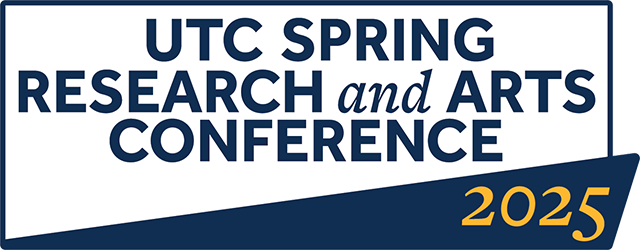Publisher
University of Tennessee at Chattanooga
Place of Publication
Chattanooga (Tenn.)
Abstract
Teachers collaborated using MagicSchool, an AI tool, for generating lesson plans for elementary-grades mathematics, science, and technology topics. The lessons were evaluated for fidelity to content and lesson plan components. The problem to be answered was two-fold: What is the fidelity of AI-generated lessons for elementary-grades STEM topics? What are teacher perceptions of using an AI tool? Teachers evaluated the standards-based, AI-generated lesson plans. Scores for lesson plans were compared by content area (mathematics, science, technology) and elementary level (lower versus upper) to determine if fidelity is better for a particular content area or level. Teacher perceptions, regarding the use of an AI tool, were surveyed. Results showed significant differences in score for science lesson plans, with lower elementary grades lessons scored higher than upper elementary grades lessons, and for technology lesson plans, with upper elementary grades lessons scored higher than lower elementary grades lessons. There were no significant differences in score of mathematics lesson plans, with regard to grade level. There were significant differences in score for lesson plans by content area, with science lessons scored higher than technology and mathematics lessons, and technology lessons scored higher than mathematics lessons. Qualitative results for the survey showed an increase in participants’ confidence in their understanding of AI, participants learned more ways AI could assist them, and workshops were effective in dispelling common misconceptions about AI use in schools.
Document Type
posters
Language
English
Rights
http://rightsstatements.org/vocab/InC/1.0/
License
http://creativecommons.org/licenses/by-nc-nd/4.0/
Recommended Citation
McAllister, Deborah, "Assessing the fidelity of AI-generated lessons for elementary-grades STEM topics". ReSEARCH Dialogues Conference proceedings. https://scholar.utc.edu/research-dialogues/2025/posters/6.
Assessing the fidelity of AI-generated lessons for elementary-grades STEM topics
Teachers collaborated using MagicSchool, an AI tool, for generating lesson plans for elementary-grades mathematics, science, and technology topics. The lessons were evaluated for fidelity to content and lesson plan components. The problem to be answered was two-fold: What is the fidelity of AI-generated lessons for elementary-grades STEM topics? What are teacher perceptions of using an AI tool? Teachers evaluated the standards-based, AI-generated lesson plans. Scores for lesson plans were compared by content area (mathematics, science, technology) and elementary level (lower versus upper) to determine if fidelity is better for a particular content area or level. Teacher perceptions, regarding the use of an AI tool, were surveyed. Results showed significant differences in score for science lesson plans, with lower elementary grades lessons scored higher than upper elementary grades lessons, and for technology lesson plans, with upper elementary grades lessons scored higher than lower elementary grades lessons. There were no significant differences in score of mathematics lesson plans, with regard to grade level. There were significant differences in score for lesson plans by content area, with science lessons scored higher than technology and mathematics lessons, and technology lessons scored higher than mathematics lessons. Qualitative results for the survey showed an increase in participants’ confidence in their understanding of AI, participants learned more ways AI could assist them, and workshops were effective in dispelling common misconceptions about AI use in schools.


